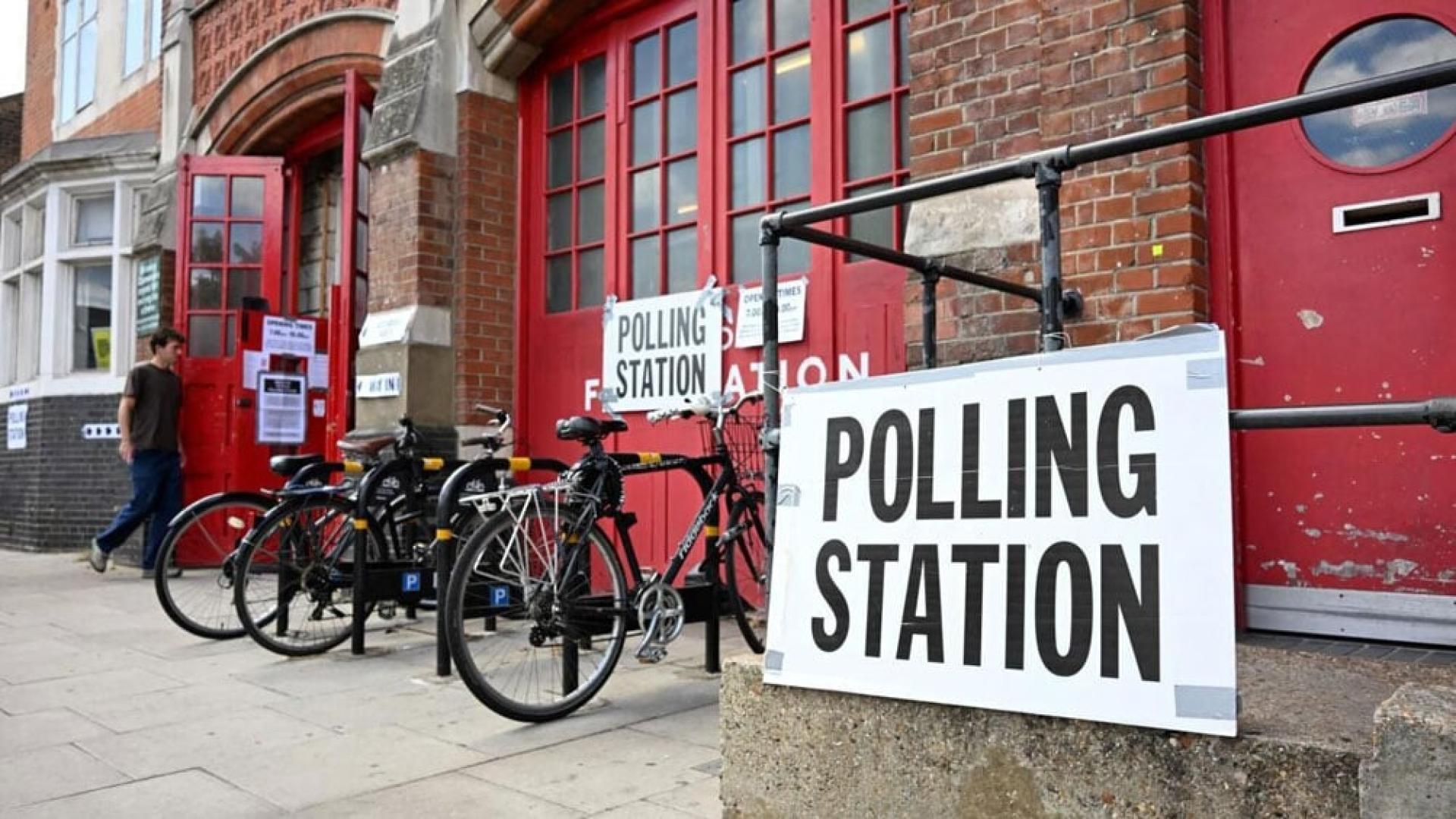The UK government stated on the 17th that it plans to lower the general election voting age from 18 to 16.
This is part of the governing Labour Party’s pre-election promise made last year to reform the electoral system, and would also make the UK one of the countries with the lowest voting ages worldwide.
The UK’s democratic system is said to be “in crisis” due to issues such as low voter turnout. According to a parliamentary report, turnout for the 2024 UK general election was 59.7%, the lowest level since 2001. Relevant studies show that lowering the minimum voting age to 16 has no effect on election results, but 16-year-olds are more likely to vote for the first time than those who first vote at 18.
Prime Minister Keir Starmer said: “I believe it is very important for 16- and 17-year-olds to have the right to vote, because they have already reached the age where they can go out to work, and also the age at which they can pay taxes, so they need to pay taxes.”
Deputy Prime Minister Angela Rayner also posted on social media platform X, saying: “Young people are ready to contribute to society, including entering the workforce, paying taxes, and serving in the military. They absolutely have the right to express their views on issues that affect them.”
The UK government must submit a related proposal to the House of Commons, and since Labour holds an absolute majority in the Commons with 650 seats, this will be enough to pass the bill.
However, lowering the voting age may trigger controversy.
Opponents say this is a selfish act, because the newly enfranchised youth are seen as more likely to support the center-left Labour party.
It is understood that only a few countries around the world currently allow 16-year-olds to take part in general elections, including Austria, Argentina, Brazil, Ecuador, and Cuba. Austria lowered the voting age to 16 in 2007, setting a precedent among EU countries.
